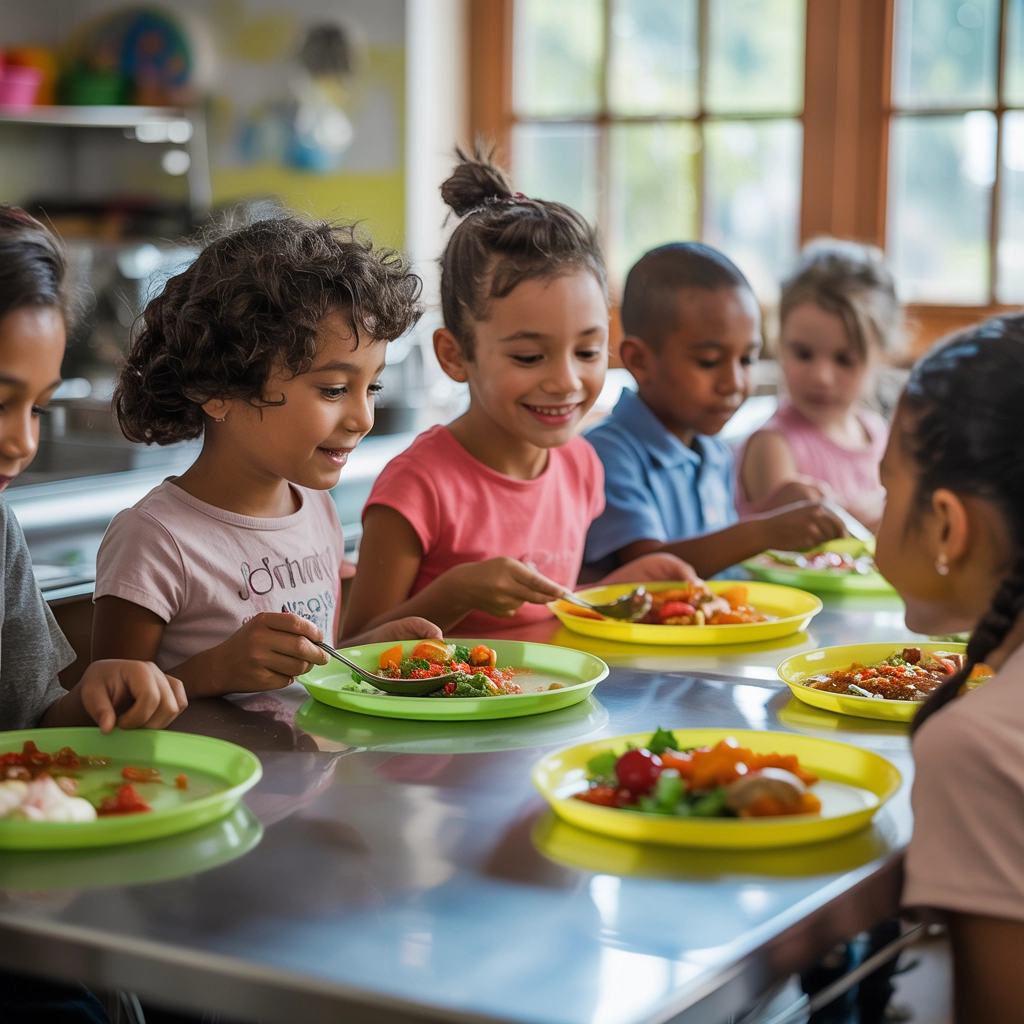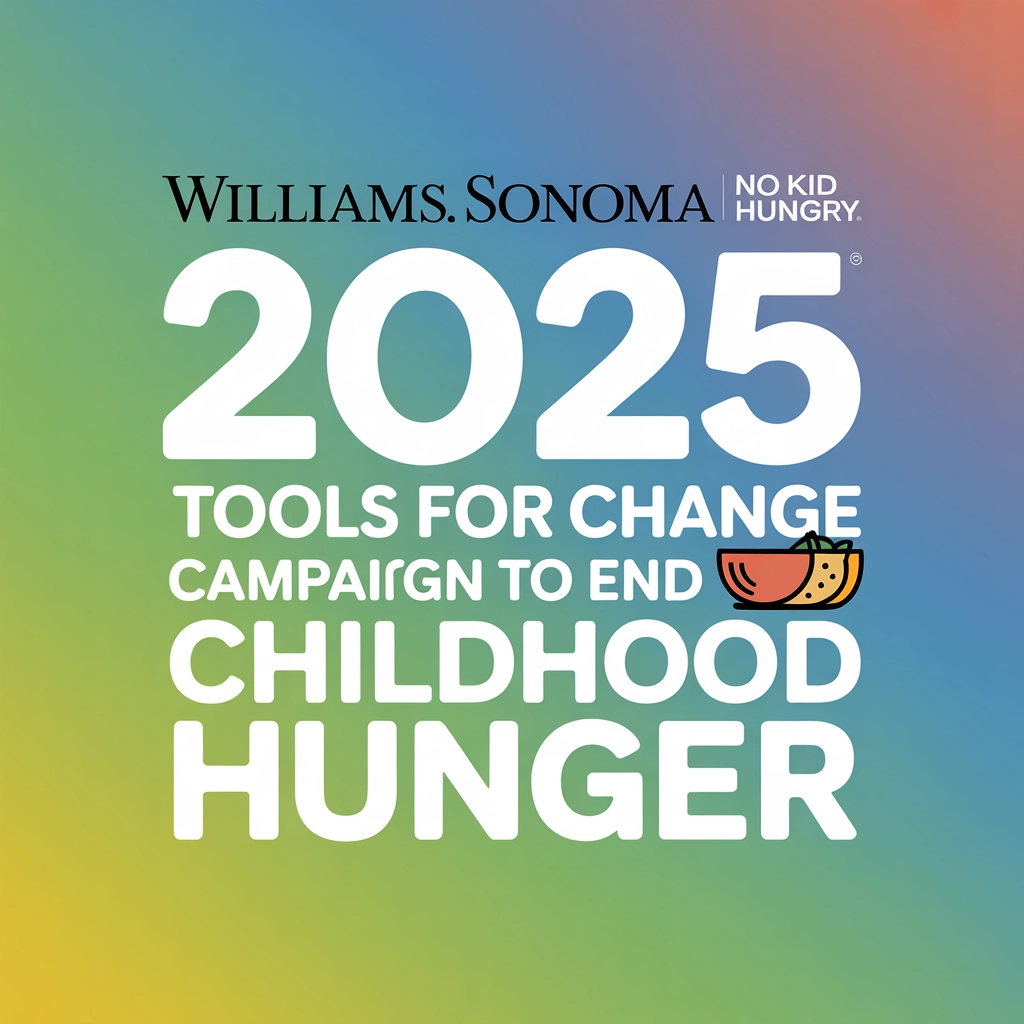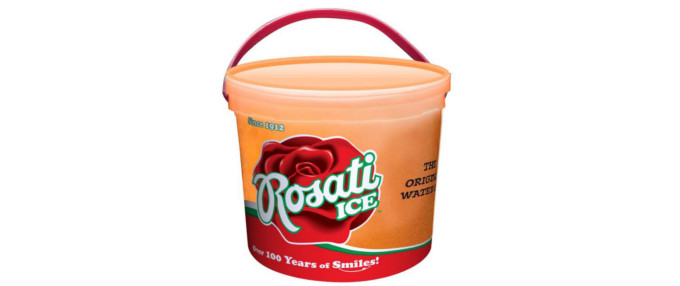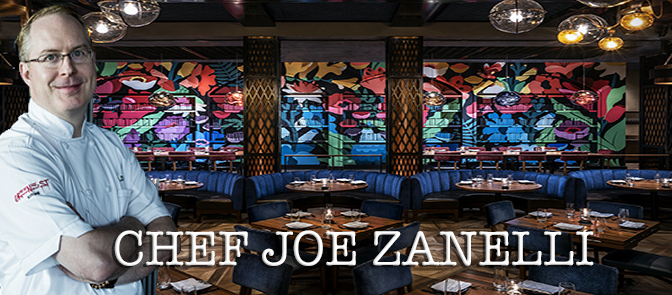
In a powerful fusion of culinary creativity and social responsibility, Williams Sonoma has unveiled its highly anticipated 2025 Tools for Change campaign in partnership with No Kid Hungry. This annual initiative brings together an impressive roster of celebrities, renowned chefs, and popular content creators who have designed limited-edition kitchen tools to help combat childhood hunger across America.
Star-Studded Kitchen Essentials with a Purpose
The 2025 collection features an expanded range of products including beautifully designed spatulas, oven mitts, and potholder sets—each item not only enhancing kitchen aesthetics but also contributing directly to a critical cause. This year's impressive lineup of designers includes:
- Zooey Deschanel: The actress and musician brings her whimsical aesthetic to the kitchen
- Ayesha Curry: The cookbook author, restaurateur, and food personality adds her culinary expertise
- Timbaland: The legendary music producer brings his creative vision to kitchen tools
- Masaharu Morimoto: The Iron Chef master infuses his Japanese-inspired design sensibilities
- Bebe Rexha: The Grammy-nominated artist contributes her bold artistic style
- Valerie Bertinelli: The beloved TV personality and cookbook author shares her warm approach
- Brian Hart Hoffman: The baking expert and Bake from Scratch editor-in-chief offers his pastry-inspired designs
- Hannah Taylor: The popular content creator brings her fresh perspective
- Katie Sturino: The body acceptance advocate and entrepreneur adds her inclusive vision
- Olivia Tiedmann: The digital creator contributes her contemporary aesthetic
Each designer has created unique pieces that reflect their personal style while supporting a shared mission—ensuring every child in America has access to nutritious meals.
The Powerful Impact of Culinary Compassion
The campaign's impact is substantial: 30% of proceeds from each Tools for Change product purchased will be donated to No Kid Hungry, with every dollar helping to provide up to 10 meals to children in need across America. This initiative addresses a critical issue in our nation—childhood hunger—which affects millions of young Americans daily.
Felix Carbullido, Williams Sonoma President, emphasized the campaign's significance: "Thanks to the support of our customers and the generosity of our partners, our Tools for Change annual campaign has raised millions of dollars to help feed children in need. For this year's campaign, we remain steadfast in our commitment to support No Kid Hungry's vital mission to ensure every child in America has access to three healthy meals a day."
The timing couldn't be more crucial. As food insecurity rates continue to fluctuate amid economic challenges, initiatives like Tools for Change provide consistent support to vulnerable communities. For food and beverage industry professionals, this campaign demonstrates how culinary brands can leverage their platform and products to address pressing social issues while engaging consumers in meaningful ways.
Collective Action: The "Spatdown" Challenge
Adding an interactive element to this year's campaign, Williams Sonoma has introduced the "spatdown" contest, inviting customers to vote for their favorite spatula designs. Beyond driving engagement, this competitive aspect carries additional impact—Williams Sonoma will donate an additional $5,000 to No Kid Hungry in the winning designer's honor.
The contest exemplifies how brands can transform traditional consumer voting into tangible social impact, a strategy increasingly resonating with today's conscious consumers who seek brands aligning with their values. Restaurant owners and food service professionals can draw inspiration from this approach, considering how competitive elements might enhance their own charitable initiatives.

Why This Matters to Food & Beverage Professionals
For industry leaders across the food and beverage landscape, the Tools for Change campaign offers several valuable insights:
Collaborative Philanthropy Models
The partnership between Williams Sonoma and No Kid Hungry demonstrates how strategic collaborations can amplify impact. Restaurants, suppliers, and food manufacturers might consider similar partnerships with complementary brands or nonprofits addressing food security.
"The annual Tools for Change initiative reflects the impact we can have when we come together to end childhood hunger," noted Billy Shore, founder and executive chair of Share Our Strength, the organization behind the No Kid Hungry campaign. "From Williams Sonoma's leadership and its customers who have made these products staples in their kitchens, to the celebrity designers that support this cause each year, all have played a role in ensuring kids have access to the food they need and the future they deserve."
Celebrity Endorsements with Purpose
The campaign's star power goes beyond mere endorsement—it engages celebrities in the product development process itself. This deeper involvement creates authentic connections between public figures and causes they support. Restaurants and food brands might consider similar collaborations with local influencers or national figures who share their values.
Limited-Edition Product Strategies
The limited-time nature of these designer tools creates urgency and exclusivity—marketing principles applicable across various food and beverage contexts. Limited-edition menu items, seasonal offerings, or special packaging can similarly drive consumer engagement while supporting charitable causes.
The Broader Context: Childhood Hunger in America
While the colorful designs and celebrity connections draw initial attention, the campaign's foundation addresses a sobering reality: millions of American children experience food insecurity. Despite being one of the world's wealthiest nations, the United States continues to struggle with ensuring all children have reliable access to nutritious meals.
Programs like No Kid Hungry work to bridge this gap by supporting school breakfast programs, summer meal sites, and after-school meal programs. They also advocate for policy changes to strengthen federal nutrition programs and educate families about available resources.
For restaurant owners and food service professionals, understanding the landscape of childhood hunger provides context for developing their own corporate social responsibility initiatives. Many establishments already participate in food recovery programs or support local food banks, but the Williams Sonoma model suggests opportunities for more integrated approaches that connect product sales directly to hunger relief.
Looking Forward: Sustainable Impact Models
The Tools for Change campaign represents a sustainable approach to charitable giving—rather than a one-time donation, Williams Sonoma has created an annual tradition that generates consistent support while refreshing its product offerings. This model of recurring, product-tied philanthropy offers valuable lessons for food and beverage businesses seeking to build lasting social impact into their operations.
As consumer preferences increasingly favor brands with authentic social commitments, the food and beverage industry has unique opportunities to address hunger—an issue directly connected to its core business. Whether through meal donation programs, percentage-of-sale initiatives like Tools for Change, or innovative approaches to food waste reduction, companies across the industry spectrum can find meaningful ways to contribute.
The 2025 Tools for Change collection is currently available online and at Williams Sonoma retail locations nationwide. Food industry professionals interested in exploring similar charitable partnerships might consider reaching out to hunger relief organizations in their communities or investigating industry-specific initiatives addressing food insecurity.
For more information on No Kid Hungry or to learn about the Tools for Change campaign, visit www.williams-sonoma.com/nokidhungry.
Written by Michael Politz, Author of Guide to Restaurant Success: The Proven Process for Starting Any Restaurant Business From Scratch to Success (ISBN: 978-1-119-66896-1), Founder of Food & Beverage Magazine, the leading online magazine and resource in the industry. Designer of the Bluetooth logo and recognized in Entrepreneur Magazine's "Top 40 Under 40" for founding American Wholesale Floral. Politz is also the founder of the Proof Awards and the CPG Awards and a partner in numerous consumer brands across the food and beverage sector.







